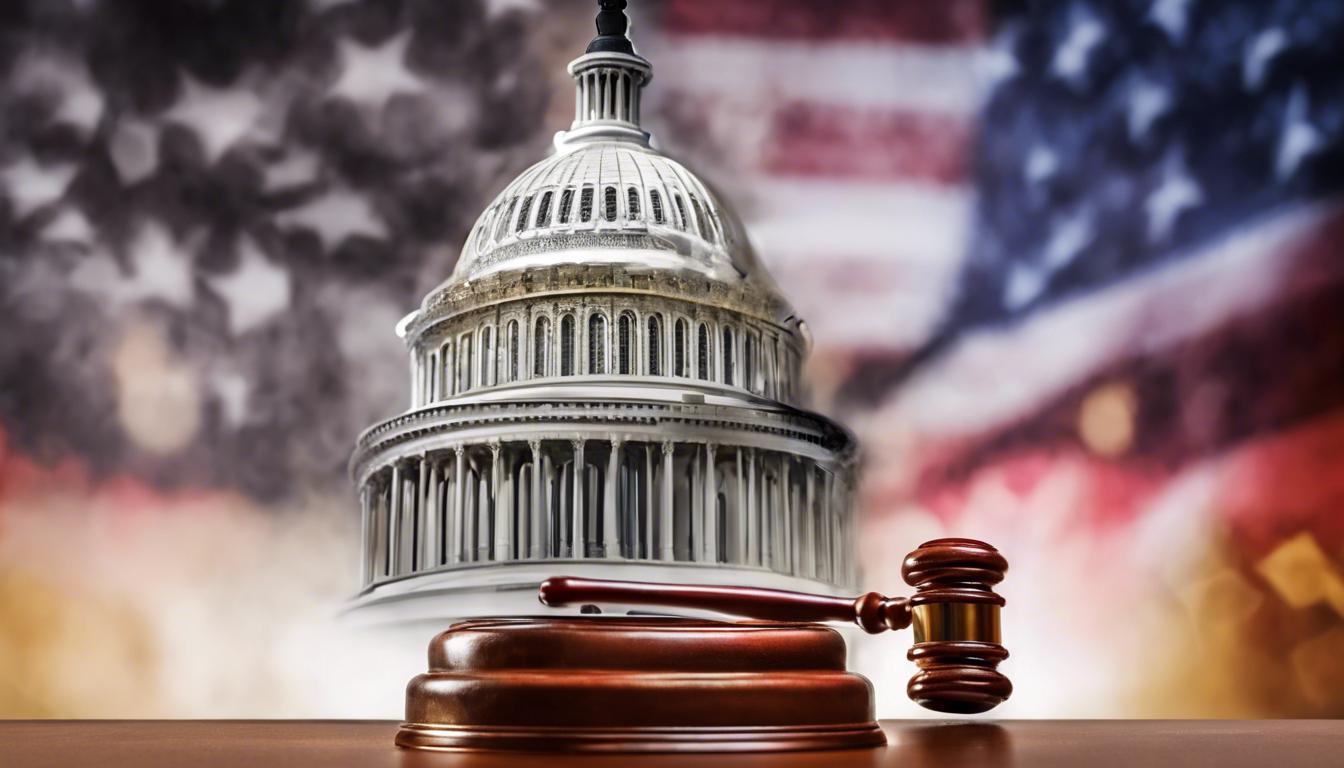In a crucial step to avoid a government shutdown, US lawmakers have proposed a bipartisan spending bill aimed at funding key government sectors until the end of the fiscal year, bolstering the economy and national security.
In a significant move to avert a potential government shutdown, US Congress members have disclosed a new bipartisan spending package valued at approximately $1.1 to $1.2 trillion. This legislative package aims to fund various crucial government sectors, including defense, homeland security, and other key programs until the end of the fiscal year on September 30. With a pressing deadline that threatens to halt government operations, lawmakers are racing against time to finalize and enact the bill.
The spending bill is a result of bipartisan negotiations and is designed to bolster the American economy, enhance national security, and ensure the seamless running of governmental functions. Senate Appropriations Chairwoman Patty Murray and other Senate negotiators have stressed the package’s critical role in investing in the American populace and maintaining the country’s global authority.
Key features of the bill include the allocation of 12,000 special immigrant visas for Afghans who have assisted US service members, reflecting an acknowledgment of their contributions. Additionally, the package encompasses funding for childcare, small businesses, combating the opioid crisis, and aspects of conservative interest such as the US-Mexico border security.
This legislative effort comes amid warnings from the Congressional Budget Office about the projected rise in US deficits and debt over the next three decades, highlighting the urgent need for the bill’s passage. The bipartisan backing is deemed crucial for the bill’s passage, with House Speaker Mike Johnson in particular needing Democratic support to advance the bill through the House and onto the Senate.
With the deadline looming, both houses of Congress, along with President Joe Biden, who has expressed his readiness to sign off on the bill upon approval, are under immense pressure. The aim is to swiftly navigate the legislative process to prevent any interruptions to government services, reflecting a collective determination to overcome partisan challenges for the greater national good.













